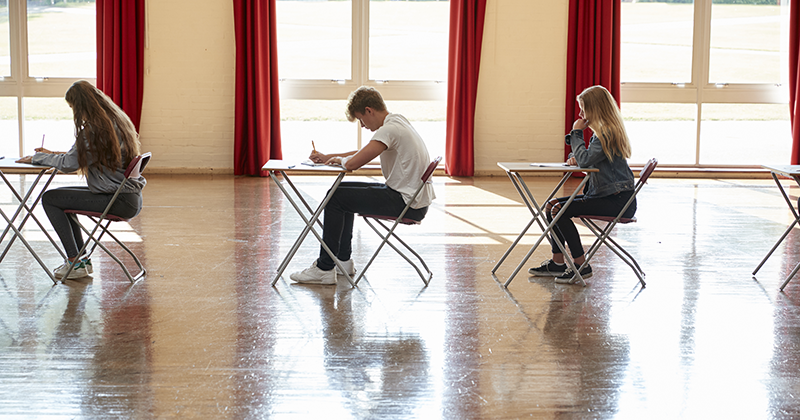The government plans to introduce new “quality assurance frameworks” backed by “national standards” on unregistered alternative provision.
The Department for Education will today launch a consultation that also sets out proposals to use unregistered alternative provision “as an intervention, not a destination, to complement the education provided in school”.
The consultation “also proposes measures for providers to be subject to new, proportionate quality assurance frameworks, underpinned by national standards”.
The proposals “build on the findings of the government’s previous call for evidence”, which closed in 2022.
However, no further details of the proposals have been provided ahead of the consultation’s launch.
Last year, a Schools Week investigation revealed how children as young as five were increasingly sent to unregulated institutions, which are not inspected by Ofsted or properly overseen by local authorities.
We found that a third of councils had no idea how many pupils in their regions are educated in unregulated settings.
And while some provide irreplaceable support to vulnerable children let down by other services, one Ofsted inspector says many young people are “lost and left out of sight, out of mind”.
‘Rigorous oversight’
The DfE said in its SEND and AP improvement plan last year that it had seen call for evidence responses “that reflect small, flexible provision being able to address individual need in supporting children and young people to engage with education”.
“We have also heard powerful testimony from young adults who feel their life chances were transformed through attending non-school settings.”
The DfE said some local areas had “strong delivery models, for example, with close management by local authorities or alternative provision schools, of frameworks offering quality assured providers, backed up by strong attendance management systems, safeguarding controls and support for wider development”.
“However, this approach is not enough on its own. It can only be effective alongside rigorous oversight of pupil placements and continual attention to the needs of the child.”
In the “best systems”, planning for the end of the placement “begins at the outset, with a focus on the pupil’s progression back into mainstream education”.
They said at the time they were analysing responses and having “further conversations with providers, commissioners and users on potential implications of the proposals, such as restricting the use of unregistered settings to part-time or time-limited placements, and how such placements should complement education in school”.
The government has also today named areas that will get 16 new special free schools, and announced which trusts will set up a further seven across England.











